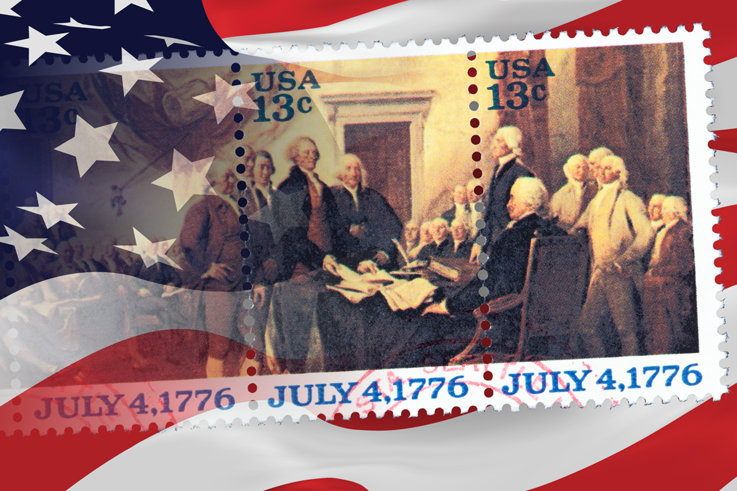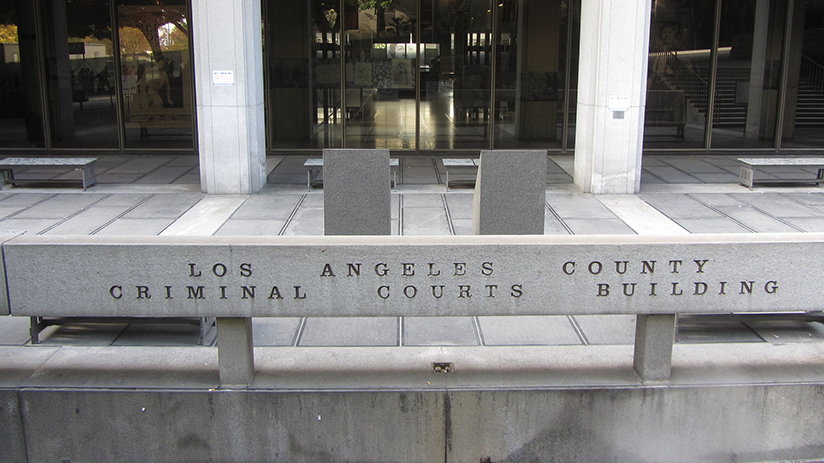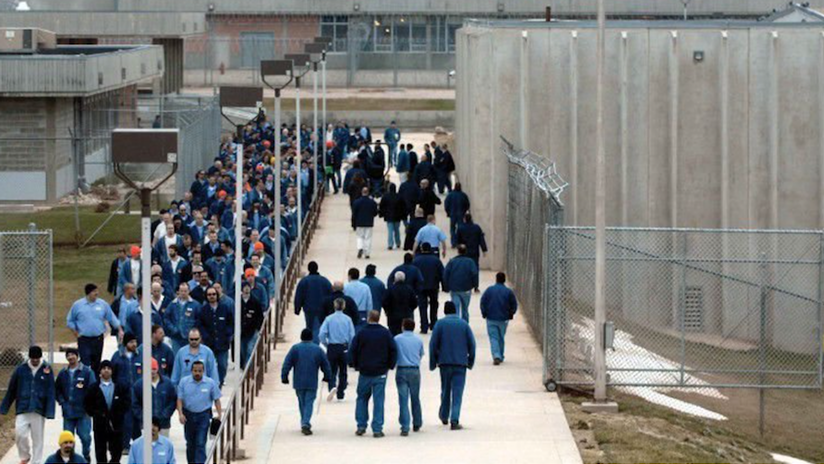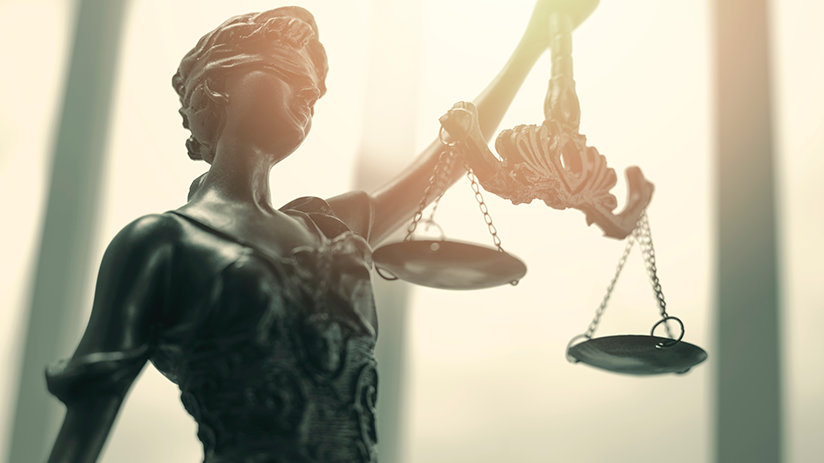
-
HOME
-
WHAT IS STANDOur Mission Our Values Our Help Contact
-
WHAT WE FIGHT FORReligious Freedom Religious Literacy Equality & Human Rights Inclusion & Respect Free Speech Responsible Journalism Corporate Accountability
-
RESOURCESExpert Studies Landmark Decisions White Papers FAQs David Miscavige Religious Freedom Resource Center Freedom of Religion & Human Rights Topic Index Priest-Penitent Privilege Islamophobia
-
HATE MONITORBiased Media Propagandists Hatemongers False Experts Hate Monitor Blog
-
NEWSROOMNews Media Watch Videos Blog
-
TAKE ACTIONCombat Hate & Discrimination Champion Freedom of Religion Demand Accountability
Thoughts on July Fourth, From This Lutheran Catholic Jewish Episcopalian Scientologist
What does the Fourth of July mean to me?
We’ll have to wind the clock back to the 1600s to answer that.
The Thirty Years’ War (1618–1648) was a devastating conflict that began as a religious dispute between Protestants and Catholics in what is today Germany. The conflict quickly escalated and spread across most of Europe. An estimated 8 million people died.
The war only ended because there was simply no one left to fight.

Fast-forward 60 years and Queen Anne of England proclaimed that any Protestants who wanted to move to the New World could get there free, courtesy of her Majesty. My forefather, George Sebastian Eichelberger, left his home in the Rhineland in 1751 to sail from Rotterdam to Philadelphia.
This is no glitch, no coincidence, no afterthought. Religious Freedom was built into our nation from the get-go.
As Lutherans, the Eichelbergers were happy in the New World, where you could build a life, feed your family, and not worry about anyone killing you because of your religious beliefs.
A few years later, in 1776, old George discovered he was no longer living in an English colony, but in a brand new country.
Meanwhile, my family anglicized their name to “Eckelberry.” Skipping ahead a few generations to 1948, my father married my mother, Renee Duke. Her mother came from a Spanish line via Cuba, and was Catholic. But her mother’s grandfather was Salomon Fred Pinkus, a Jew. And to thicken this religious potpourri, my parents worshiped as Episcopalians, which is how I grew up.
Then, in 1968, my mother discovered Scientology and soon I became a Scientologist as well.
America is one of the few places on Earth where people of different faiths can coexist peacefully. It’s one of the few places on Earth where a Lutheran Catholic Jewish Episcopalian Scientologist can live in peace without fear of being killed for his religious beliefs. And though there are other countries with similar protections, the difference here is that the United States of America was formed with these protections foremost in the minds of its founders. It says it right there in the first section of the first sentence of the First Amendment of the Constitution: “Congress shall make no law respecting an establishment of religion, or prohibiting the free exercise thereof…”
This is no glitch, no coincidence, no afterthought. Religious freedom was built into our nation from the get-go. And I love that I live in a country that prioritizes that freedom like nothing else.
That brand of freedom is honored, symbolized and enshrined in one day: today, July Fourth.
And that’s what the Fourth of July means to me.









